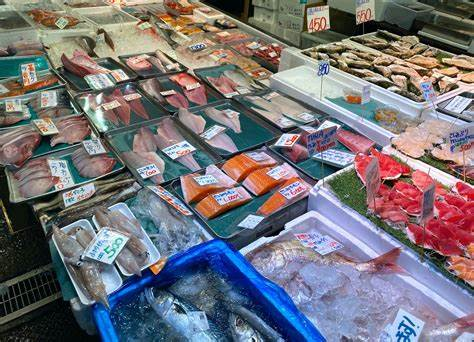The price of fish in Japan has been soaring in recent months, outpacing the rise in meat prices. This has hit the elderly especially hard, as they are more likely to eat fish as part of a healthy diet.

There are a number of factors contributing to the rise in fish prices. One is the decline in the Japanese fishing industry. The number of Japanese fishermen has been declining for decades, and this has made it more difficult to catch fish.
Another factor is the rise in demand for fish from China. China is now the world’s largest importer of fish, and its demand is growing rapidly. This has put upward pressure on fish prices all over the world.
The rising cost of fish is making it difficult for many elderly people in Japan to afford a healthy diet. Fish is a good source of protein, omega-3 fatty acids, and other nutrients that are important for maintaining good health.
The government of Japan is aware of the problem and is taking some steps to address it. For example, the government has increased subsidies for the fishing industry and has imposed tariffs on imported fish.
However, these measures are not likely to be enough to solve the problem in the long term. The government will need to take more fundamental steps to address the decline in the Japanese fishing industry and the growing demand for fish from China.
In the meantime, the elderly in Japan are facing a difficult choice. They can either cut back on their consumption of fish, or they can pay more for it. Either way, they are being forced to make sacrifices in order to maintain a healthy diet.
